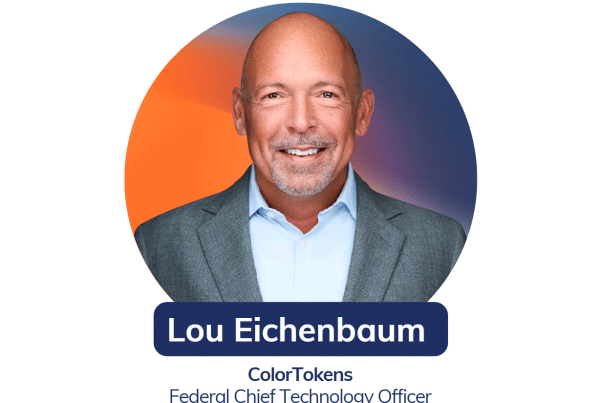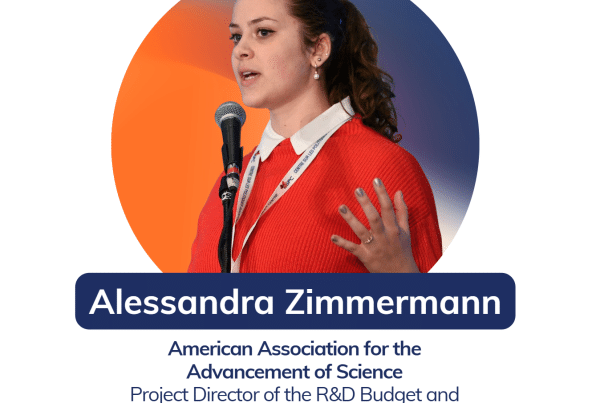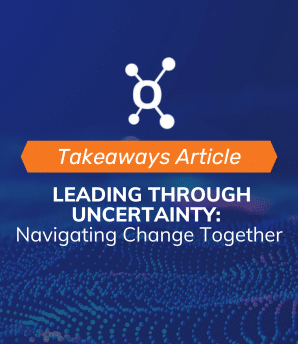Katrina Tysinger has had an amazing path in the Tribal Relations space. Her work across organizations and roles has provided unique experiences that she shares on this spotlight.
Can you tell me about your career path that has led you to where you are now?
Like many shareholders, I received aid for college through my Alaska Native Corporation (ANC), Bristol Bay Native Corporation. When I graduated college, I desired to serve the Alaska Native community and give back for the help I had received. After working at Tribal non-profit organizations funded by federal grant programs, I decided to try out grant writing and have never turned back!
How did you become passionate about the intersection of tech, government, and tribal communities, and how do you stay informed and engaged in those areas?
When I became the Director of Grants at Tribal Ready, I became an advocate for Tribal broadband. I gained an in-depth understanding of the complexities and nuances that Tribes navigate to develop their infrastructure, as well as the hurdles and challenges they face in preserving Tribal sovereignty. Now, in my role as Grants Administrator at Colusa Indian Energy, I’m using that same spirit of advocacy to support Tribal clients in their energy sovereignty goals. You can’t have broadband without power. Staying informed is critical in my role. I need to know what infrastructure funding is available and how Tribes can access it. Many federal funders are improving their Tribal engagement with Tribal consultations, webinars, and distribution lists. Ongoing engagement helps me serve as a liaison to interpret federal and state guidance to my Tribal clients.
What do you believe sets Tribal Government Relations apart as a unique work environment, and how do you navigate its challenges in your everyday work?
Each Tribe is unique. Each Tribe has its own set of governance structures and processes, so when working with Tribal clients, I am constantly learning. My goal is to be a helpful presence that fills in the capacity gaps that many Tribes face. Being present and meeting each Tribe where they are is important.
Describe a challenging or rewarding project that significantly influenced your growth as a professional. How did you handle the challenge, and what did you learn from the experience?
I worked with Tribes on challenging the Federal Communication Commission’s (FCC) national broadband map, which dictates where broadband federal dollars are allocated. One client had two incumbent internet service providers receive federal funding to build out broadband infrastructure on their Tribal lands. This poses a major issue when Tribes want to apply for federal funding to expand their broadband networks. It cuts off that area from any new funding opportunities because it shows as already awarded. We were able to work with the state broadband office and submit challenges to keep specific areas of the reservation open for the Tribe to pursue funding. That is Tribal sovereignty in action which I find very rewarding.
What advice would you give to someone navigating how to bridge the gap between traditional practices and modern governance structures?
Always be respectful and humble. Honor historical practices but be open to innovation.
Word Association, what is the first word that comes to mind for each of there?
- Policy – Structures that differ from Tribe to Tribe.
- Networking –Partnering for efficiency and competency.
- Communications – Transparency.
- Leadership Connect – Cultivating leadership relationships.






